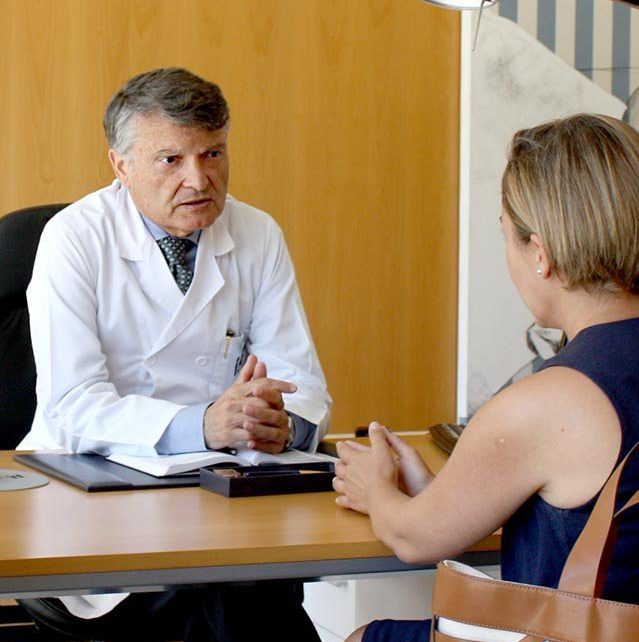
What are the potential complications associated with IVF?
In vitro fertilisation is the most common form of reproductive medicine and, since the issues which need to be solved are often complex, it is not always possible to get the desired result.
Over the last few decades, the possible side effects or risks associated with in vitro fertilisation (FIV) have gone down considerably.
But,
Índice
What are the most common risks with IVF?
No embryo transfer
- For different reasons, not being able to complete treatment with embryo transfer due to:
- Little or no response from the ovaries to hormone stimulation.
- Abnormalities in the eggs and/or the spermatozoa which mean that fertilisation does not take place or that embryo quality is poor and they are not suitable for transfer to the uterus.
Multiple pregnancy
- Twin or multiple pregnancies Fortunately, this is an increasingly less common in clinics with the technology and resources for optimum selection of the most suitable embryo for pregnancy. A top quality embryo will have a greater chance of success than transferring two or three embryos which have been developed for a shorter length of time or under conditions which cannot be considered optimum.
All couples need to be informed that twin pregnancies must be thought of as high-risk pregnancies, both from a maternal point of view and in terms of the foetus. It must not be forgotten that the common aim is to have the best possible pregnancy and to give birth to a healthy child.
Ovarian hyperstimulation
- In third place, another side effect is the ovarian hyperstimulation syndrome (OHSS). This is a complication caused by an excessive response by the ovaries to ovarian stimulation using hormones. Whilst, many years ago, cases of this kind were relatively frequent, nowadays, it is an EXCEPTION thanks to the use of modern protocols which mean that it can be avoided in almost 100% of cases.
Surgical complications
- In fourth place, we have possible complications during egg retrieval. These are few and far between and generally consist of haemorrhages, infections or accidental puncture of organs located nearby. In total, this happens in under 1 in 500 cases.
Emotional changes
- Last of all, we can take into account the risk of emotional disorders. The huge emotional impact on patients who need to undergo treatment of this kind and who may find that their hopes are dashed, should be taken into account. As such, any self-respecting reproductive medicine clinic should provide patients with counselling and psychological support.
Rafael Bernabeu MD, PhD, Medical Director of Instituto Bernabeu
